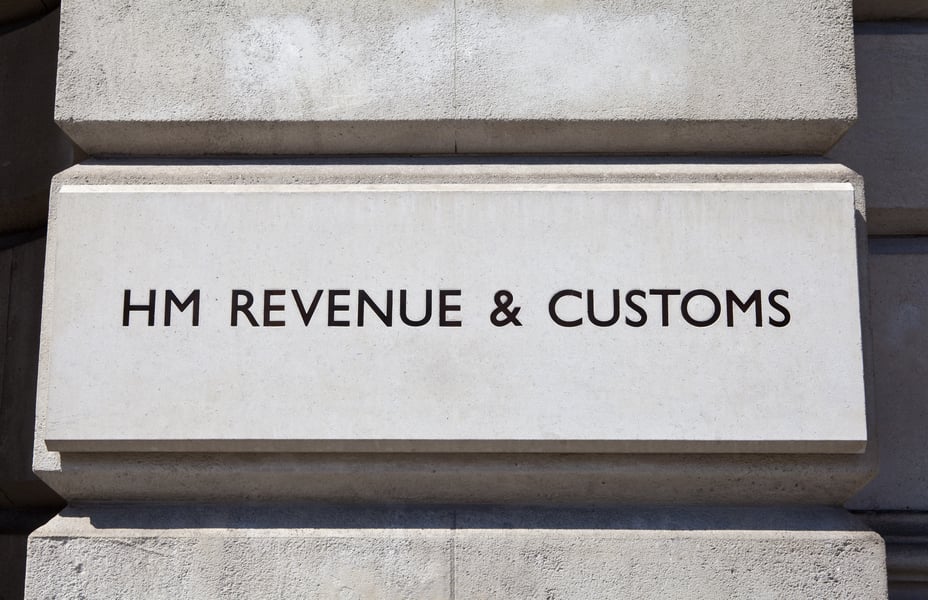New Prime Minister Boris Johnson stated last month that he is keen to shake up stamp duty.

Scrapping stamp duty for downsizers would help free up larger family homes for families who need them and boost transaction levels throughout the property market, according to new research by reallymoving.
Reallymoving analysed its own data from 240,000 homebuyers since the beginning of 2017 along with HMRC data on SDLT receipts for 2017/18 to reveal that downsizers are on average responsible for just 7% of stamp duty paid to the Treasury, totalling £938m.
This is just a fraction of the £4,201m (31.2%) paid by upsizers, £4,120m paid by first time buyers (30.6%) and £4,193m (31.2%) paid by others such as investors.
Rob Houghton, CEO of reallymoving, said: “Scrapping stamp duty for downsizers is the simplest and most cost-effective way of freeing up the housing market, allowing older people to move into more suitable homes if they so wish and reducing competition among families for larger homes.
“Since downsizers account for just 7% of stamp duty contributions, this proposal wouldn’t be disastrous for the Treasury. When a larger house gets sold it enables a chain of transactions and I believe the lost stamp duty revenue would be more than recovered by boosted transaction levels across the market, not to mention the release of vast equity by over-65s which has been locked into property for decades with no benefit to the wider economy.”
New Prime Minister Boris Johnson (pictured) stated last month that he is keen to shake up stamp duty, with proposals being considered including a reduction in tax for all homes under £500,000 and slashing the current rate paid for homes worth over £1.5m from 12% to 7%.
There has since been speculation that he may go further and radically overhaul the tax by switching responsibility from buyer to the seller. This would reduce immediate upfront costs for all homebuyers except for downsizers and therefore while it would encourage people to move, it would not help free up the family homes required at the top of the chain.



